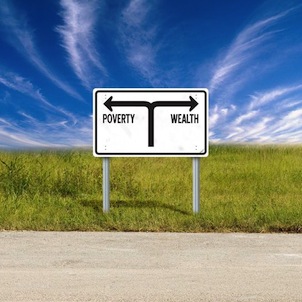The G8 Working Group report Allocating for Impact has given our sector the tools to expand into the mainstream, argues Harald Walkate, Head of Responsible Investing for Aegon Asset Management. But it will take active outreach to the individual decision-makers within pension funds, insurance companies, asset management firms and sovereign wealth funds to bring the changes needed for impact to reach its full potential.
+Read More












